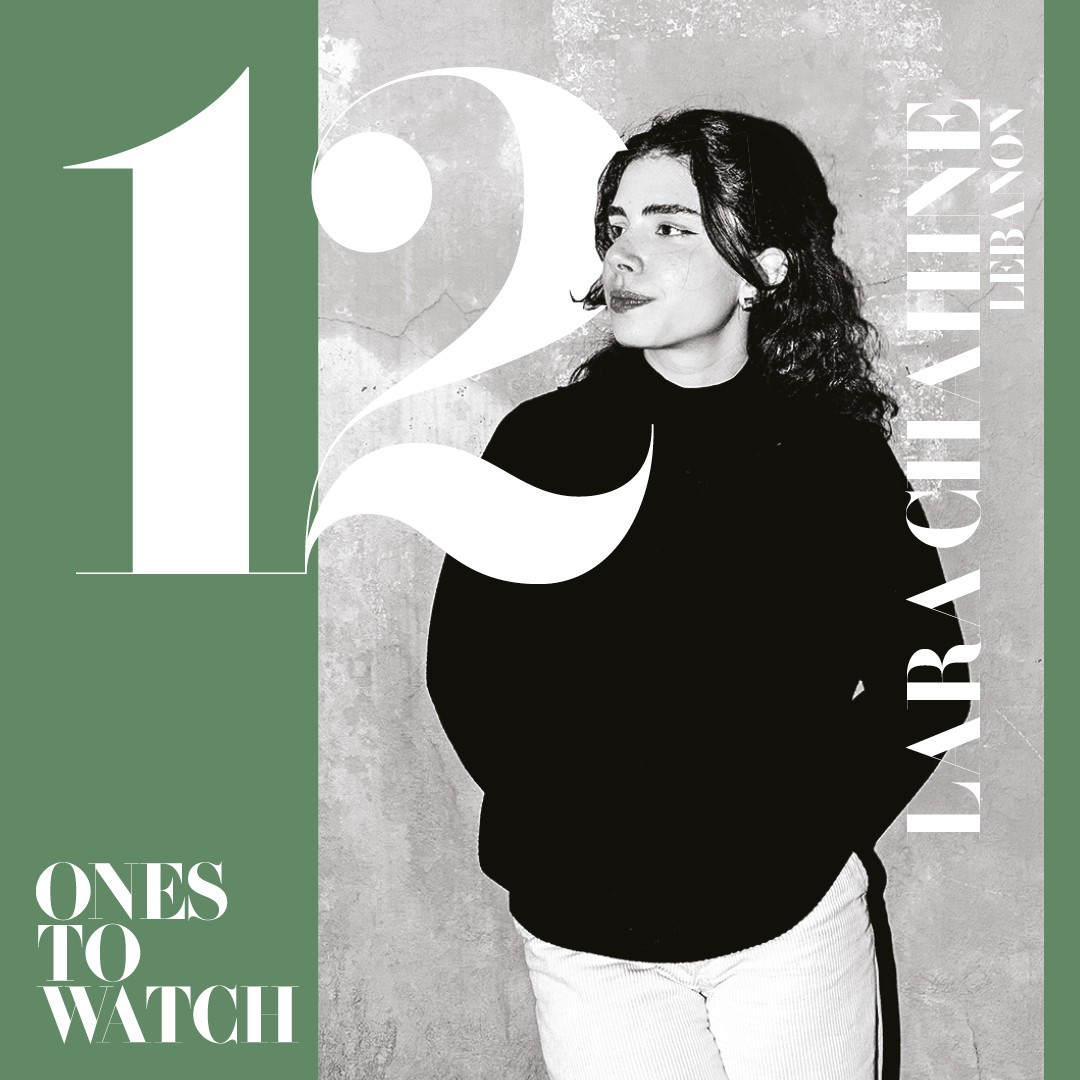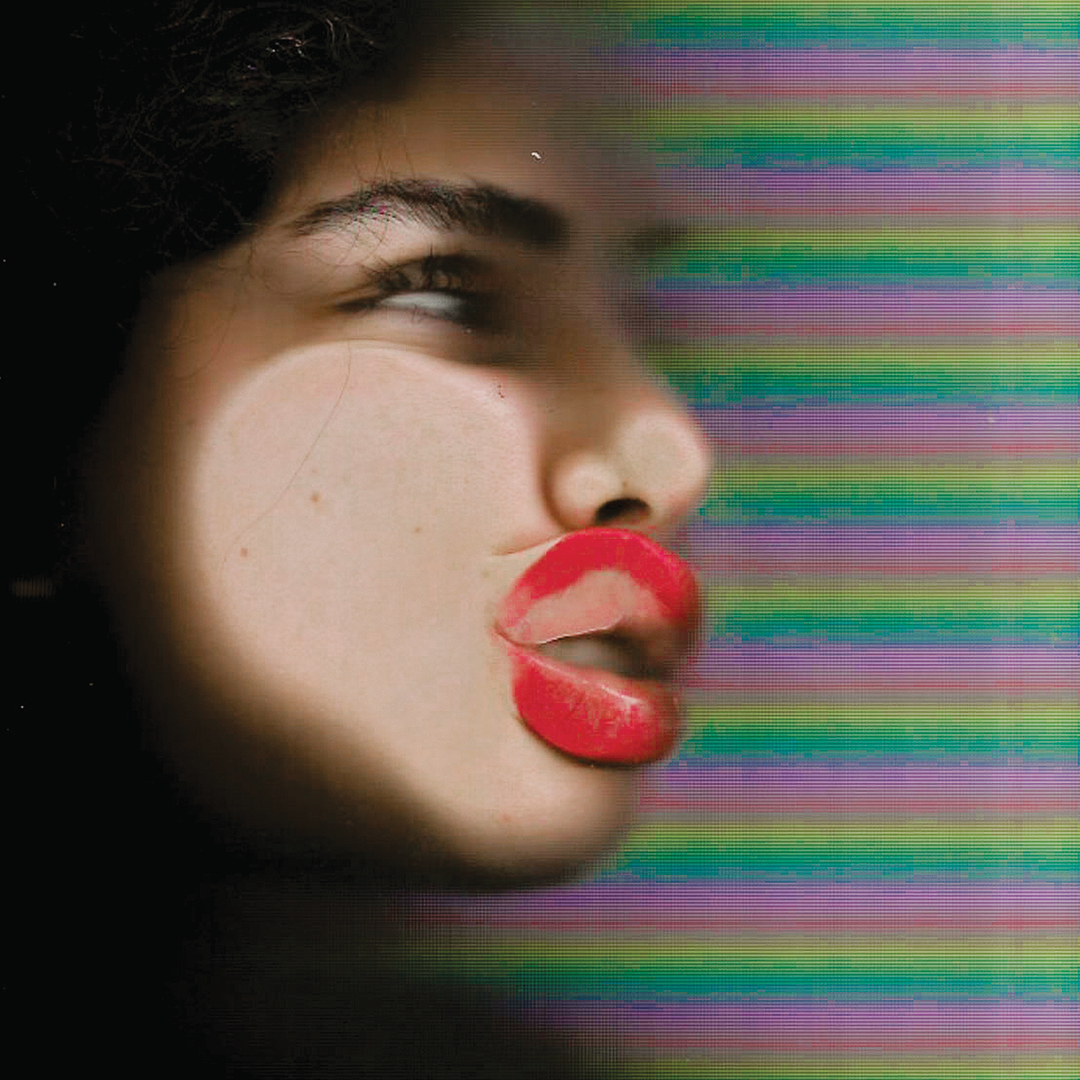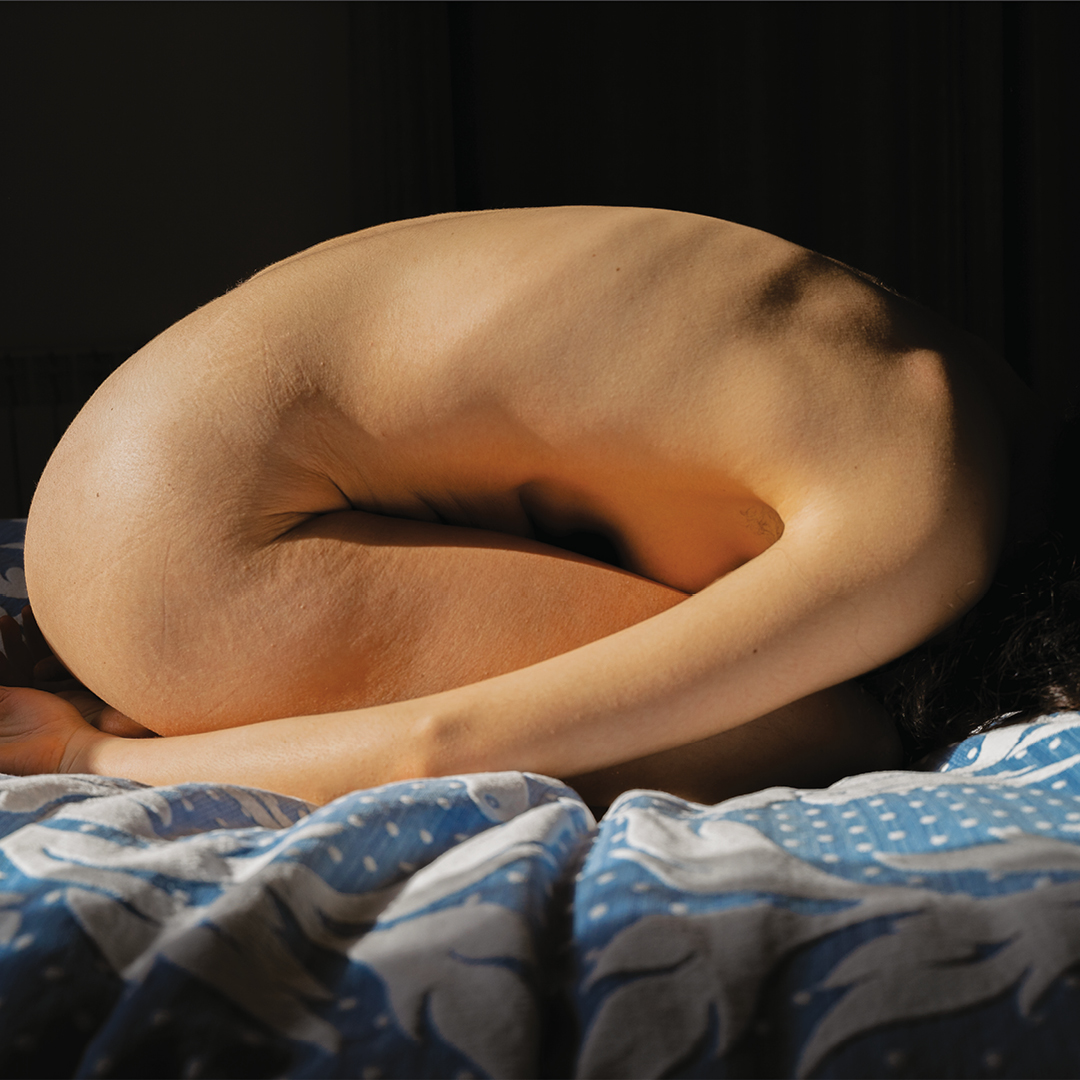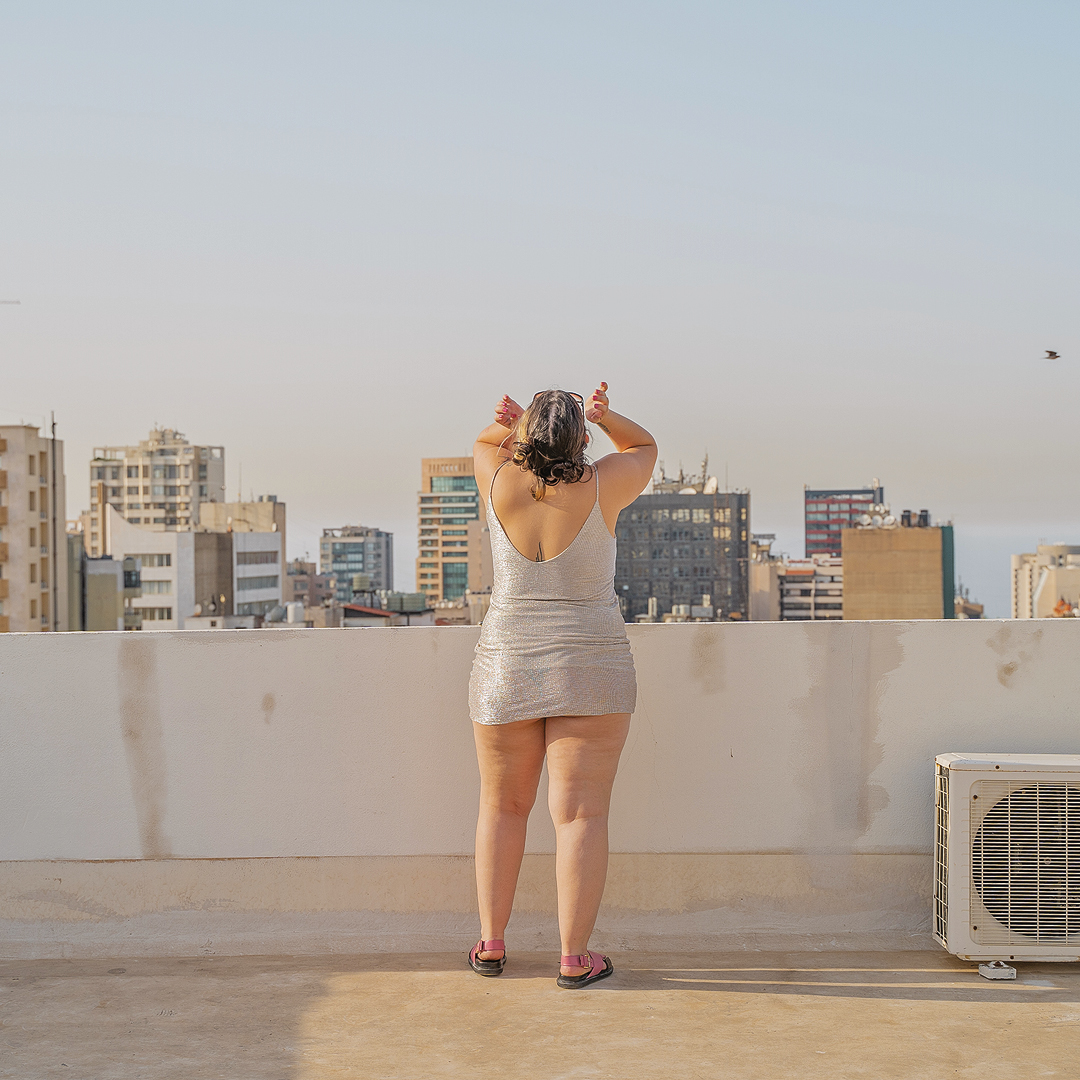All images © Lara Chahine
After a national bank began offering loans for plastic surgery, the Ones to Watch artist looked at how religion, capitalism and internet culture place immense pressure on Middle Eastern women
Lara Chahine bought her first camera on a whim. It was 2019, and she was feeling unsettled in life; looking for a way to express herself as she navigated the frustration and uncertainty of youth. Two weeks later, a revolution erupted in her home country of Lebanon. Chahine found herself at the fore – protesting and documenting her experiences through her new lens, learning about photography as she went.
“The first thing that struck me in Lara’s work was the rawness of her gaze in her street photography,” says photographer Myriam Boulos, who nominated Chahine for this year’s Ones to Watch. “Her pictures had no masks.” Following her graduation from the American University of Beirut with a degree in political science, Chahine was offered a place on the Arab Documentary Photography Program in 2021. Since then, her “very sensitive, emotional” nature has informed an experimental practice, fusing documentary, portraiture, archival imagery and still life to explore how different styles can speak to substance.

Bless Your Beauty, Chahine’s ongoing project, is a poignant survey of how forces of religion, Westernisation, capitalism and internet culture coalesce to create impossible beauty standards for Middle Eastern women. The idea stemmed in part from Lebanon’s reputation for plastic surgery. In 2007, First National Bank Lebanon, a leading bank based in Beirut, began to offer loans for plastic surgery, one year after the war with Israel. It was marketed via a bold billboard campaign in which blonde, Western-looking women were pictured next to the slogan: ‘Have the life you’ve always wanted.’ “As though women should be like, OK, maybe my entire family died [in the war]. Maybe a lot of our infrastructure was blown up. But I can still have the life I always wanted – if I just take out a loan and get a nose job or get some lip fillers,” Chahine says.
In an image of a woman’s heavily made-up face squashed against a photocopier, or a series of passport photos warped by beauty filters, a dystopian dread simmers; in a foetal nude portrait, or shots of supple flesh, cultural influences are stripped away to evoke our primal and corporal nature. Each image in Bless Your Beauty tells a story that is at once deeply personal and acutely collective: vignettes of female longing, healing, anger, empowerment, pain. Jolting through such emotions as the viewer is not unlike the experience of existing as a woman on the internet, and in the world, at any given moment. In Boulos’ words: “Instead of walking on eggshells, Lara talks directly and shamelessly about beauty – while staying sober, elegant and respectful.”

“The first thing that struck me in Lara’s work was the rawness of her gaze in her street photography. Her pictures had no masks” – Myriam Boulos

Chahine credits the development of her layered approach to her programme mentor, Tanya Habjouqa, who was consistently “pushing [Chahine] to experiment; to get weirder and more tender”, and to an endless exchange of personal cameraphone photos with her friends and family (a “constant conversation” that informs her professional work). She also credits Covid-19 for her unorthodox research methods. For example, when she was unable to meet up with her subjects in real life, she created her own alter ego, and attended plastic surgery consultations wherein duplicitous surgeons attempted to make her feel worse about her physical appearance.
Bless Your Beauty has been exhibited with Gulf Photo Plus, the Arab Film and Media Institute, and Les Femmes S’exposent photofestival. Chahine intends to continue the project indefinitely. She also hopes to explore more about Lebanese culture with her practice as she navigates the conflicts and contradictions – the joy and the pain – that arise from living there. Given her home country’s deep-rooted social, political and economic crises, the 25-year-old holds a complex relationship with it. “Most of my friends have left now,” she says. For her, however, it remains home.

